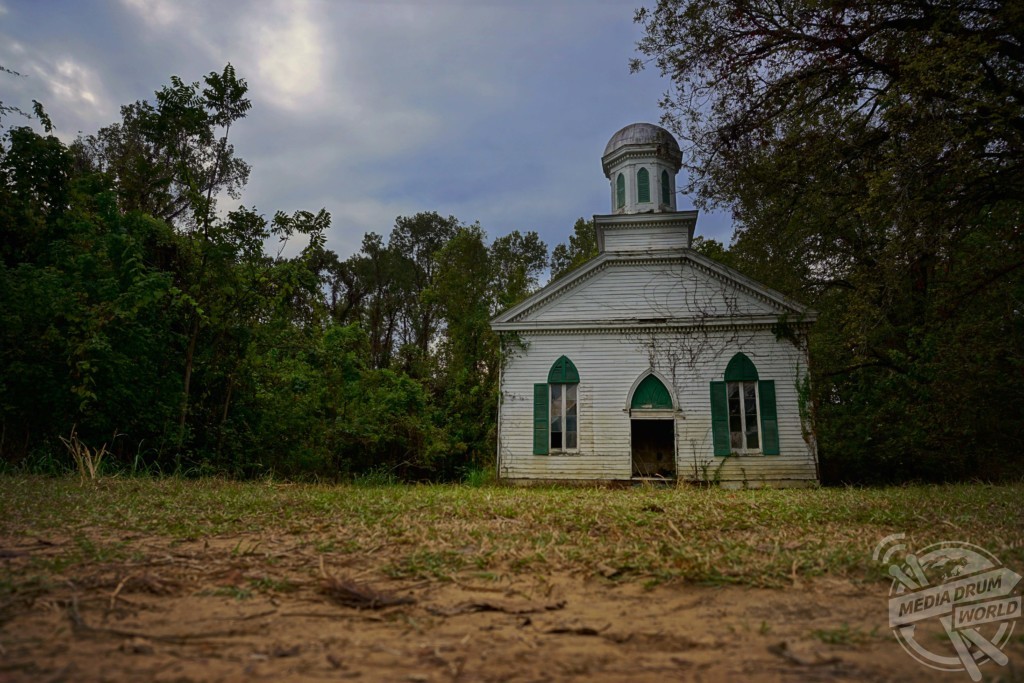By Mark McConville
EERIE IMAGES have revealed the remains of an American ghost town left deserted after the affects of the American Civil War and the Mississippi River changed course.
The haunting pictures show the red-brick Presbyterian church which is the only original building from Old Rodney, a white Baptist church and a cemetery filled with grave stones.
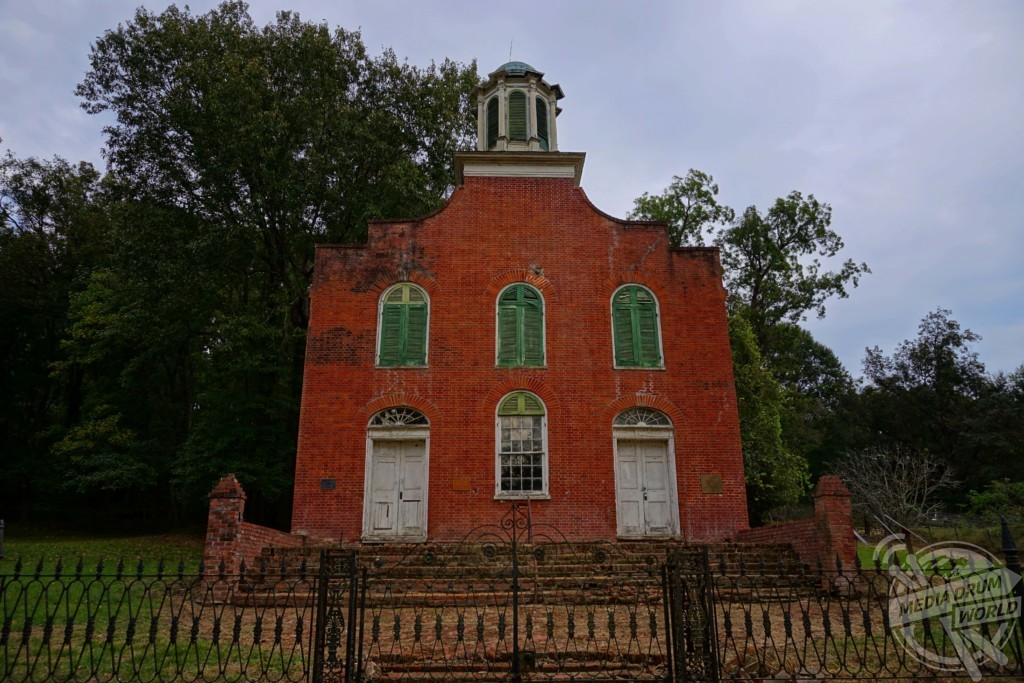
Other striking shots show a ramshackle Masonic house, a lonely red cabin and an old general store.
The spooky snaps were taken in the ghost town of Rodney, Mississippi, USA by photographer and historian Kelly Gomez (35), from Jacksonville, Florida.
“In these images of Rodney you see what is left of a once bustling town that was filled with life,” she said.
“Now mostly forgotten and left to the river’s devices, the images I share here capture only a fraction of what once was. Yet one day soon, images might be all that remains of the town.
“Despite its current condition, the history of this town is significant. I hope in these images you see a place that was once important to the people that built it and used it – a place where life used to happen.
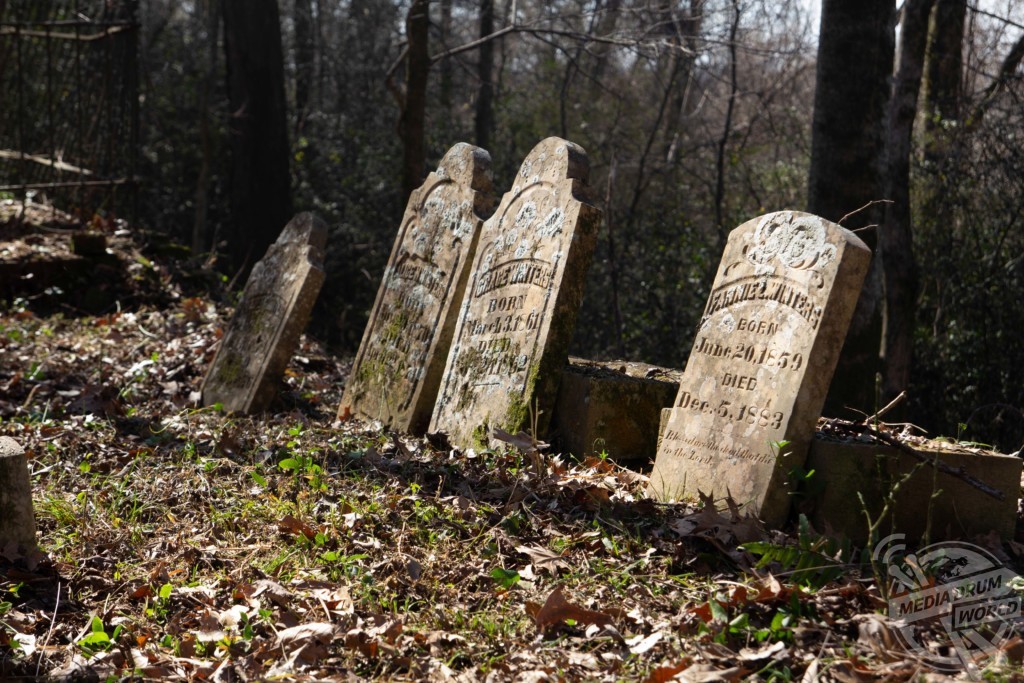
“There is no greater before and after event that the American Civil War. Undoubtedly, the country was forever changed and of course Rodney (and the rest of the rural South) would never be the same.
“By 1863, the Civil War was raging in Mississippi and Rodney felt the impact. Located about 50 miles downriver from Vicksburg (the Confederate capital that fell to Union troops in 1863), they saw their share of battles here in this time capsule of a town.
“After the fall of Vicksburg on July 4, 1863, the Union Navy was left in charge of the Mississippi River. The gunboat Rattler was stationed in Rodney to monitor activity in this important port town. As the story goes, the Union men liked to line the decks of the boat on Sunday mornings to watch the Southern Belles in their large gowns going to and from church.
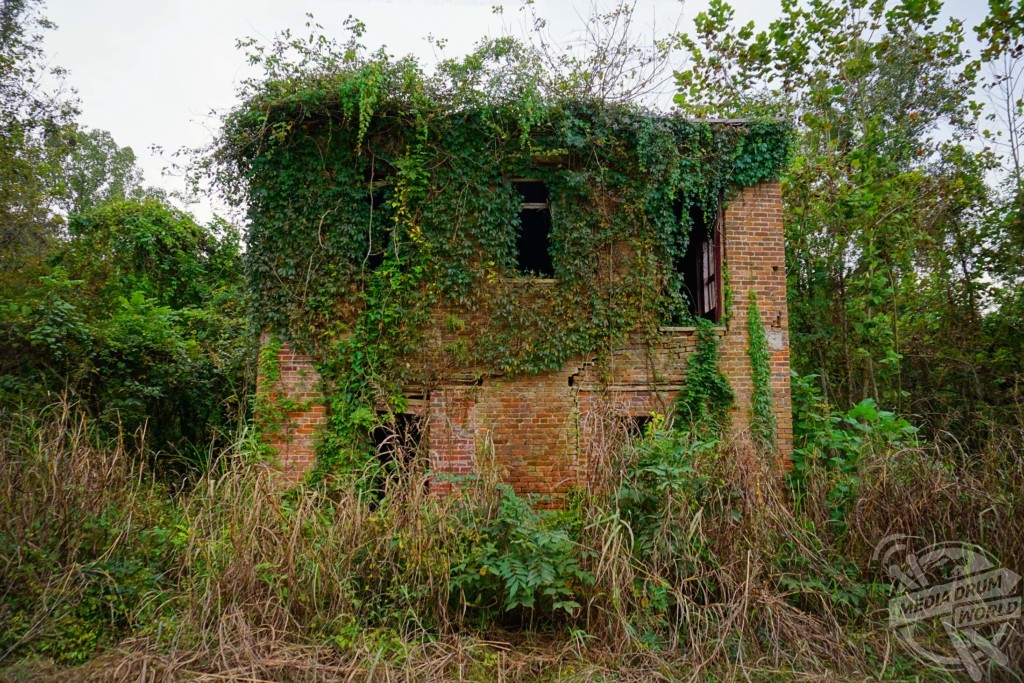
“While they were instructed to not leave the ship, 24 of them decided to break orders and on September 12, 1863, accepted the invitation of the Reverend Baker of Rodney Presbyterian Church Pastor to join them for services. As hymns were being sung, a Confederate calvarymen arose and announced (after apologizing to Reverend Baker) that his men had surrounded the building and for the Yankee sailors to surrender.
“Shots ensued inside the church and many congregants hid behind pews for cover. The crew that remained on the Rattler heard the noise and fired a canon on the church. But the Confederates had the advantage that day capturing 17 prisoners (including the Rattlers Lieutenant and Captain). The crew would live in infamy as the only ironclad gunboat ever taken down by calvary.”
The final blow to attempts to revive the rural town came from the Mississippi River itself as it changed course, cutting the port town off from any trade prospects.
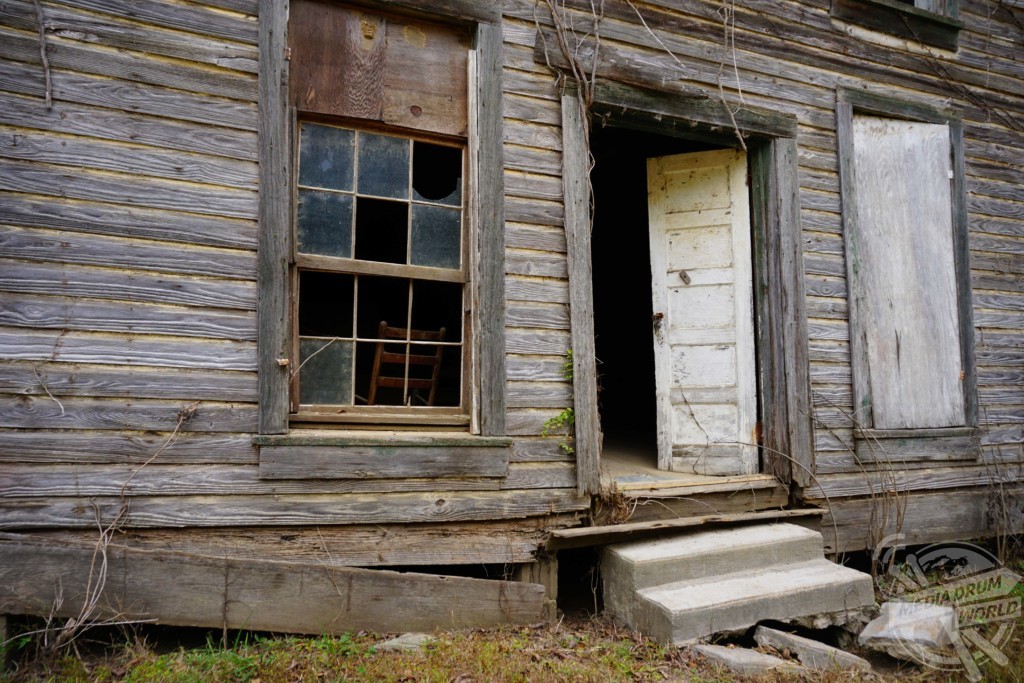
“The Mississippi River has dictated the fate of this town since it was founded,” added Kelly.
“To be sure, there wouldn’t be a Rodney if not for its location (and eventual port) along the river during the steamboat era. But the town that was created by the river has been destroyed by it as well and in more ways than one.
“At one point, Rodney was the busiest river port between New Orleans and St. Louis but around 1864, a sandbar started to form in the Mississippi and by 1870, the river had changed course.
“Trains had trouble chugging up some of the area’s steep hills, so the rail lines built to the east. By 1940, Rodney was a full three miles inland from the river. Cut off from the river and hurt by the decline of the cotton trade after the War, the town slowly began to die.
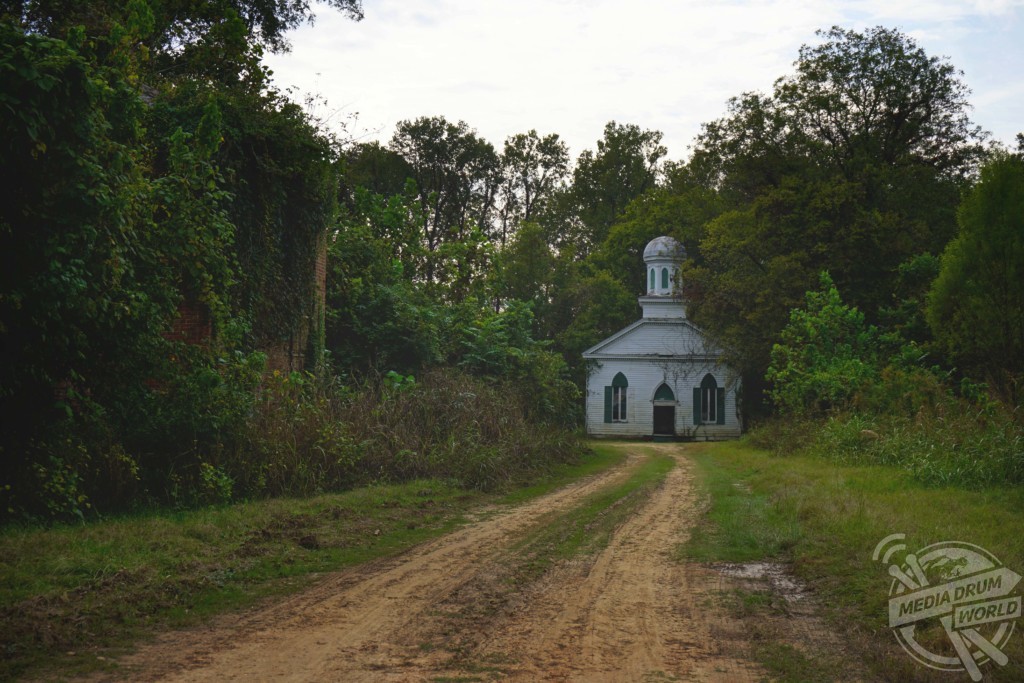
“By 1900, Rodney’s population had declined significantly, causing most of the commerce and community to shut down and by 1923, the Presbyterian Church had lost its full-time pastor. In the 1930s, the Mississippi state legislature revoked its status as a township.”
Rodney was founded in 1828, and in the 19th century, it was only three votes away from becoming the capital of the Mississippi Territory.
Today a small number of inhabitants remain but the area is considered a ghost town and reliable data is hard to find as the town is not listed as a separate entity by the census bureau.
For more information see www.theforgottensouth.com

